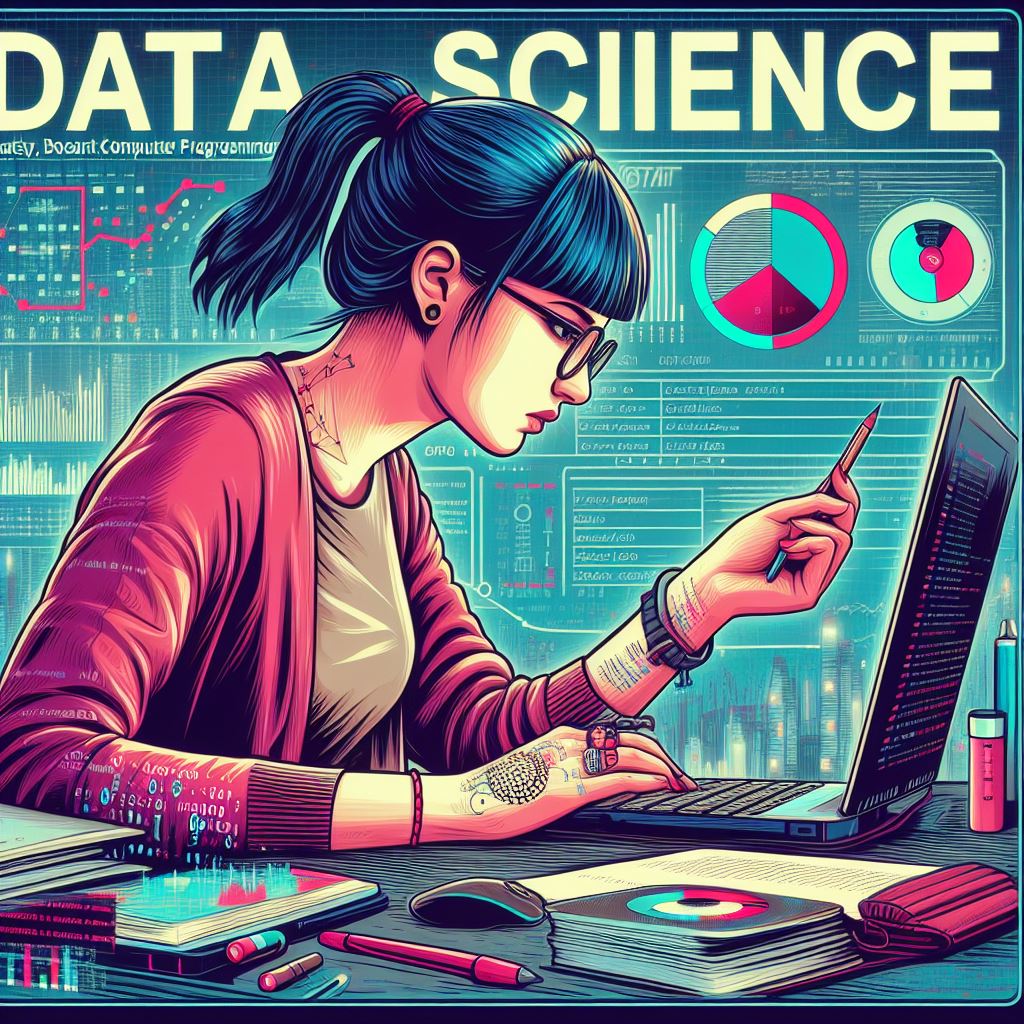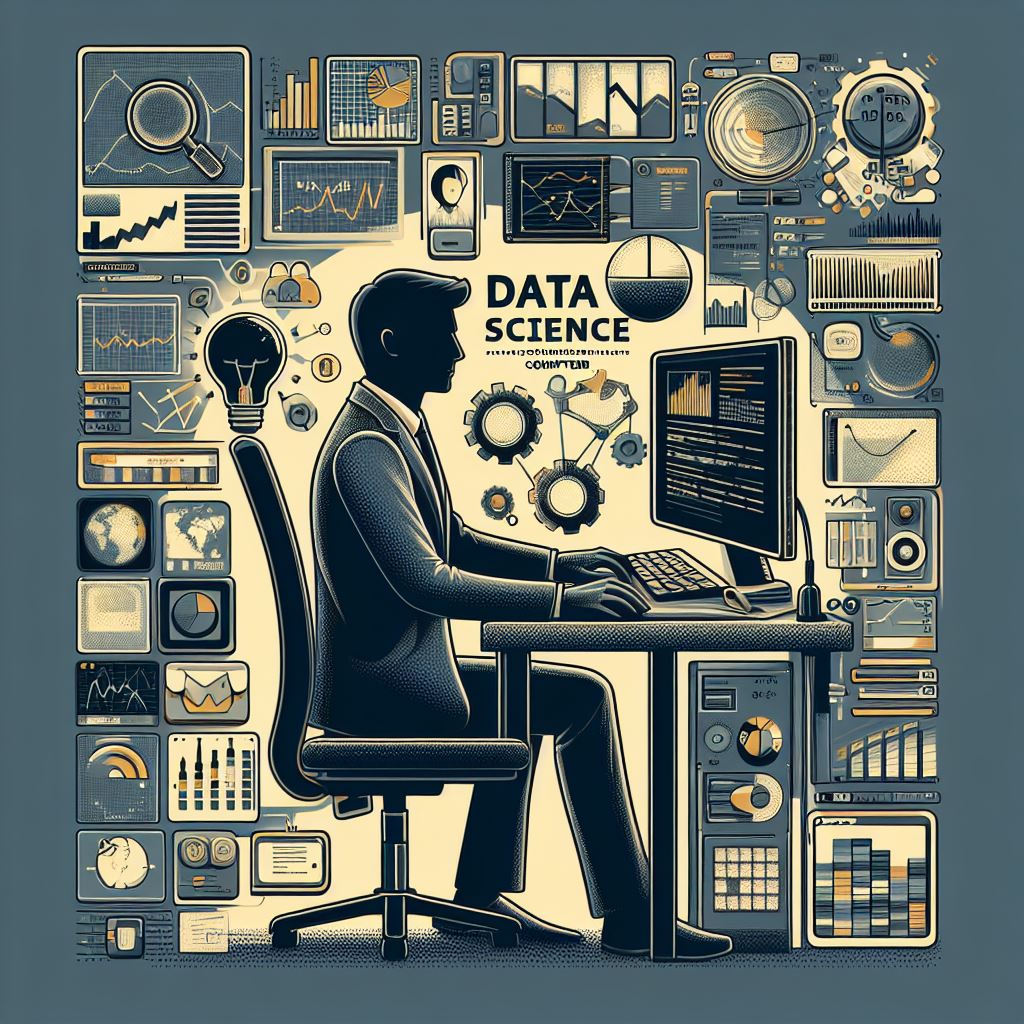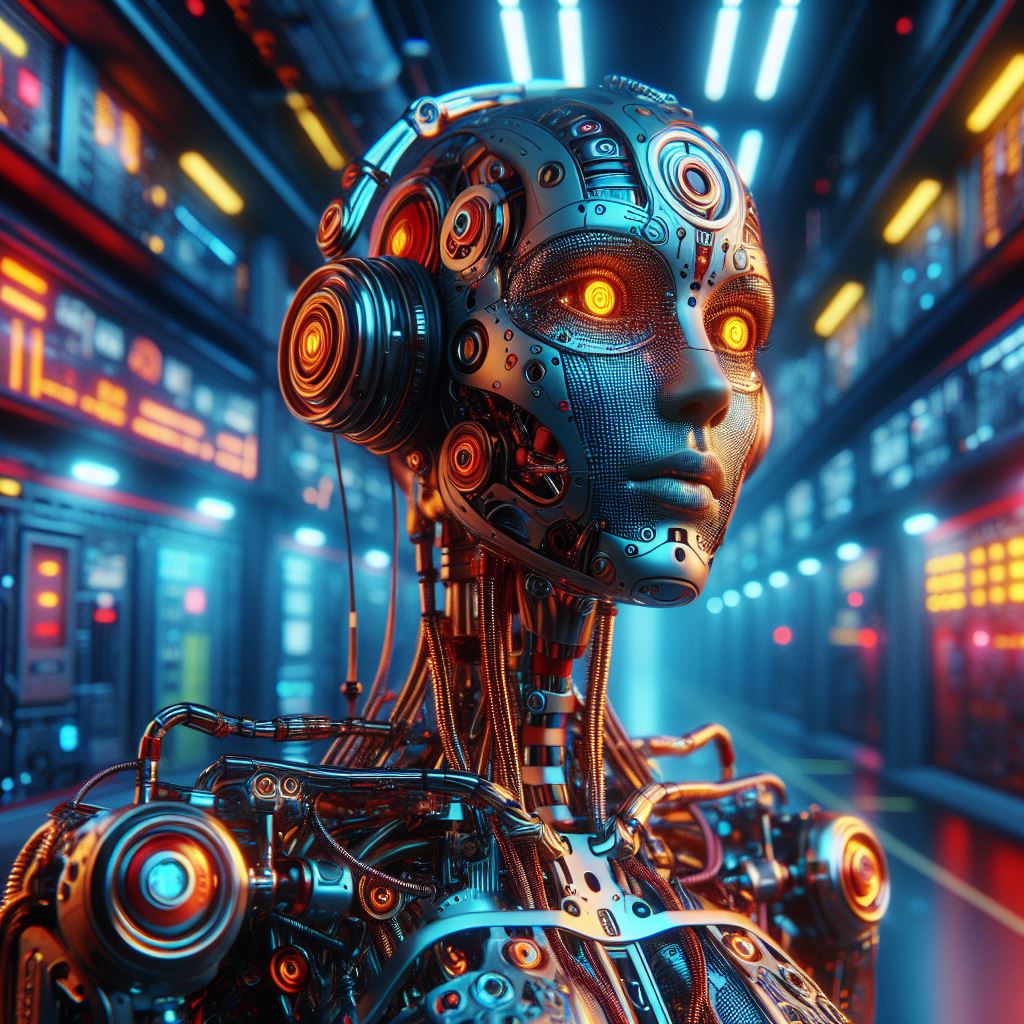Machine learning (ML) is transforming various industries, and healthcare is no exception. With the ability to process large datasets and extract valuable insights, machine learning is paving the way for more efficient, accurate, and personalized medical care. From improving patient outcomes to enhancing operational efficiency, the applications of machine learning in healthcare are vast and impactful.
One of the most prominent uses of machine learning in healthcare is in diagnostic imaging. ML algorithms are increasingly being utilized to interpret medical images such as X-rays, MRIs, and CT scans. By training models on large datasets of medical images, these systems can identify patterns and abnormalities with a high degree of accuracy. This not only aids in the early detection of diseases such as cancer but also assists radiologists by providing a second opinion, ultimately reducing diagnostic errors.
Another significant application of ML in healthcare is in predictive analytics. Machine learning models can analyze patient data, including medical history, genetics, and lifestyle factors, to predict the likelihood of developing certain conditions. For example, ML can be used to predict the onset of chronic diseases such as diabetes or heart disease, allowing for early intervention and preventative measures. By identifying at-risk patients, healthcare providers can offer personalized care plans and reduce the burden on healthcare systems.
Personalized medicine is another area where ML is making strides. By analyzing patient data, including genetic information, machine learning algorithms can help develop tailored treatment plans. This can result in more effective treatments with fewer side effects, as it allows healthcare providers to choose therapies that are most likely to work for an individual based on their unique characteristics. Additionally, ML is instrumental in drug discovery, helping researchers identify potential drug candidates more efficiently, reducing the time and cost involved in bringing new drugs to market.
Natural language processing (NLP), a branch of machine learning, is also being utilized in healthcare to process and interpret unstructured data from clinical notes, research papers, and patient records. NLP algorithms can analyze vast amounts of textual data, identifying patterns and trends that can be used for clinical decision-making, research, and improving patient care. For example, NLP can help identify potential drug interactions or adverse reactions that may not have been documented in structured databases, providing valuable insights for medical professionals.
Operational efficiency is another area where machine learning is having a significant impact. By optimizing resource allocation and predicting patient demand, ML algorithms can help hospitals and healthcare facilities streamline their operations. For instance, machine learning can be used to forecast patient admissions, ensuring that staff and resources are available when needed. It can also optimize scheduling, reducing wait times and improving patient satisfaction.
Despite its many benefits, the integration of machine learning into healthcare faces challenges such as data privacy concerns, regulatory hurdles, and the need for high-quality data. Ensuring that machine learning models are trained on diverse and representative datasets is crucial to avoid biases that could affect patient care. Additionally, healthcare professionals must be properly trained to work alongside these AI-driven tools to maximize their potential and ensure that decisions are made with a human touch.
In conclusion, machine learning is revolutionizing healthcare by improving diagnostics, personalizing treatment plans, predicting diseases, and enhancing operational efficiency. While challenges remain, the potential of ML to transform the healthcare industry is immense, offering a glimpse into a future where medical care is more accurate, efficient, and personalized than ever before.


